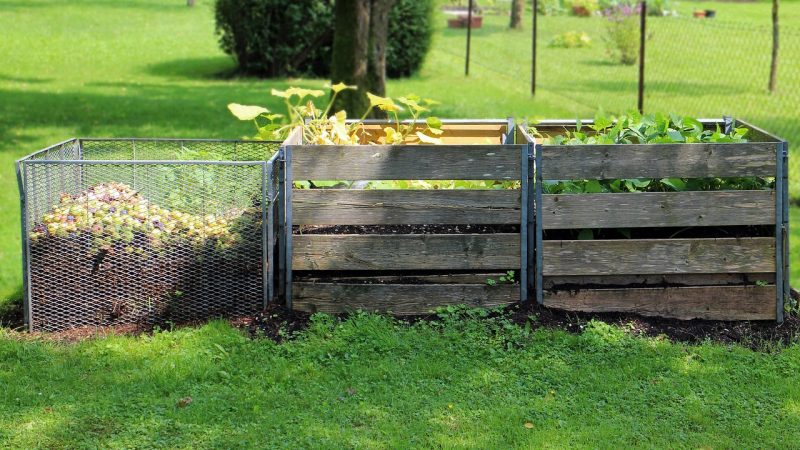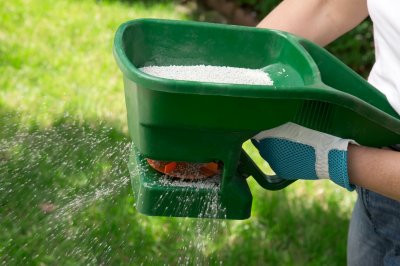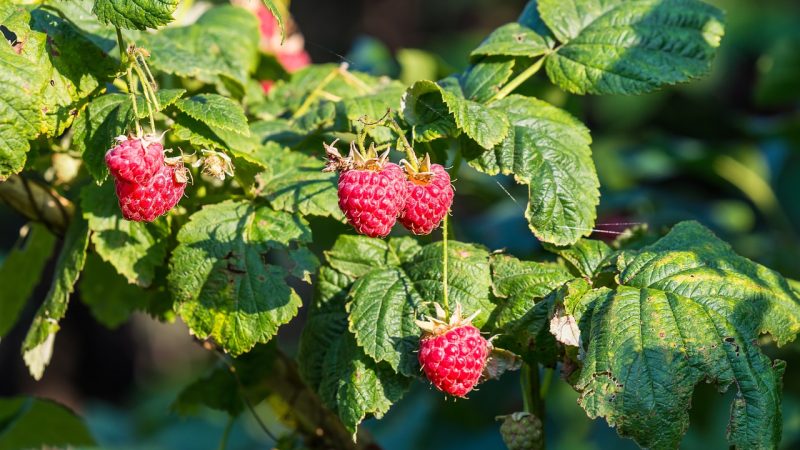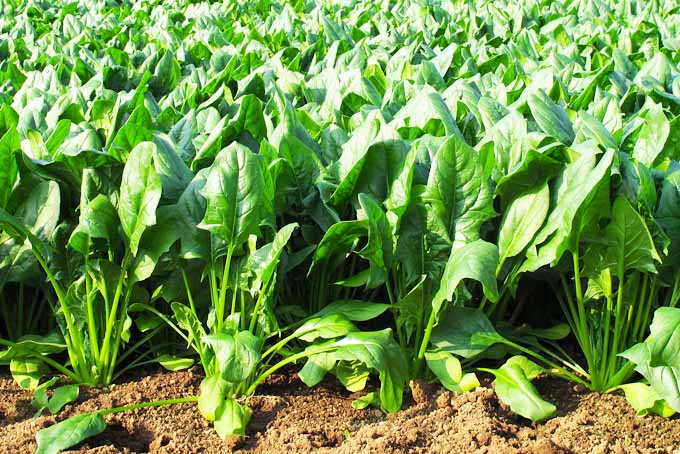Vegetable fertilization is a critical aspect of successful vegetable gardening. Proper fertilization provides essential nutrients to the plants, promoting healthy growth, high yields, and better resistance to pests and diseases. Here are some important tips for vegetable fertilization:
1. Soil Testing: Before applying any fertilizer, conduct a soil test to determine the nutrient levels and pH of your soil. This will help you understand which nutrients are deficient and guide your fertilizer choices.
2. Organic vs. Synthetic Fertilizers:
- Organic fertilizers, such as compost, well-rotted manure, and fish emulsion, are derived from natural sources and improve soil structure while releasing nutrients gradually. They are excellent for long-term soil health.
- Synthetic or chemical fertilizers provide specific nutrients in concentrated forms. They are fast-acting but can leach into groundwater if overused. Use them judiciously and follow package instructions.
3. NPK Ratio:
- Fertilizers are labeled with an NPK ratio, indicating the percentage of nitrogen (N), phosphorus (P), and potassium (K) they contain.
- For most vegetable plants, a balanced fertilizer with equal or similar NPK values (e.g., 10-10-10) is suitable for overall growth.
- However, different stages of growth may require varying ratios. For instance, a higher phosphorus content (e.g., 5-10-10) is beneficial during flowering and fruiting stages.
4. Application Rate:
- Follow the recommended application rates provided on the fertilizer packaging. Over-fertilization can lead to nutrient imbalances and environmental pollution.
- As a general guideline, for in-ground gardens, apply 1-2 pounds of fertilizer per 100 square feet of garden area. For container gardening, use a diluted solution of fertilizer.
5. Timing:
- Apply fertilizers at the right time for optimal plant growth. Pre-planting fertilization can be done a few weeks before planting to ensure nutrients are available when the seeds or transplants go into the soil.
- Side-dress the vegetables during the growing season to provide additional nutrients as needed.
6. Liquid Fertilizers:
- Liquid fertilizers can be applied as foliar sprays or through drip irrigation systems. They are quickly absorbed by the plants and are particularly useful for correcting nutrient deficiencies.
7. Mulching:
- Use organic mulch, such as straw or wood chips, around the base of your vegetable plants. Mulch helps conserve moisture, suppress weeds, and slowly release nutrients into the soil as it decomposes.
8. Crop Rotation:
- Practice crop rotation to prevent nutrient depletion and reduce the risk of diseases and pests. Different vegetable families have varying nutrient requirements, and rotating crops can help maintain soil fertility.
9. Watering:
- Ensure proper watering practices, as excessive or insufficient water can affect nutrient uptake by the plants.
By following these vegetable fertilization tips, you can create a nutrient-rich environment for your vegetables, resulting in healthy plants, bountiful harvests, and a flourishing vegetable garden.







